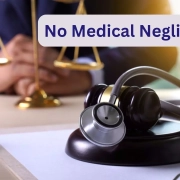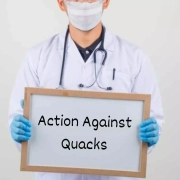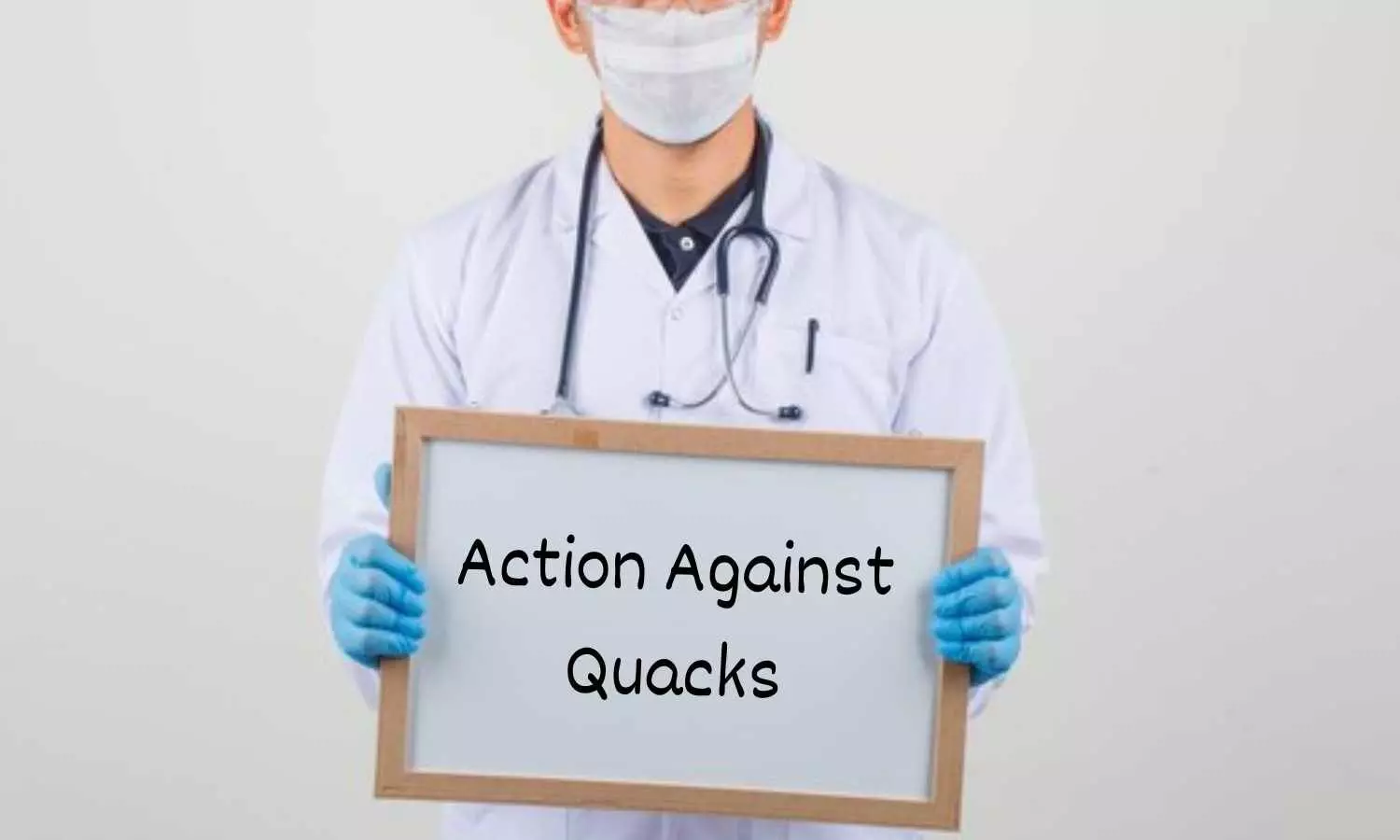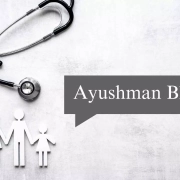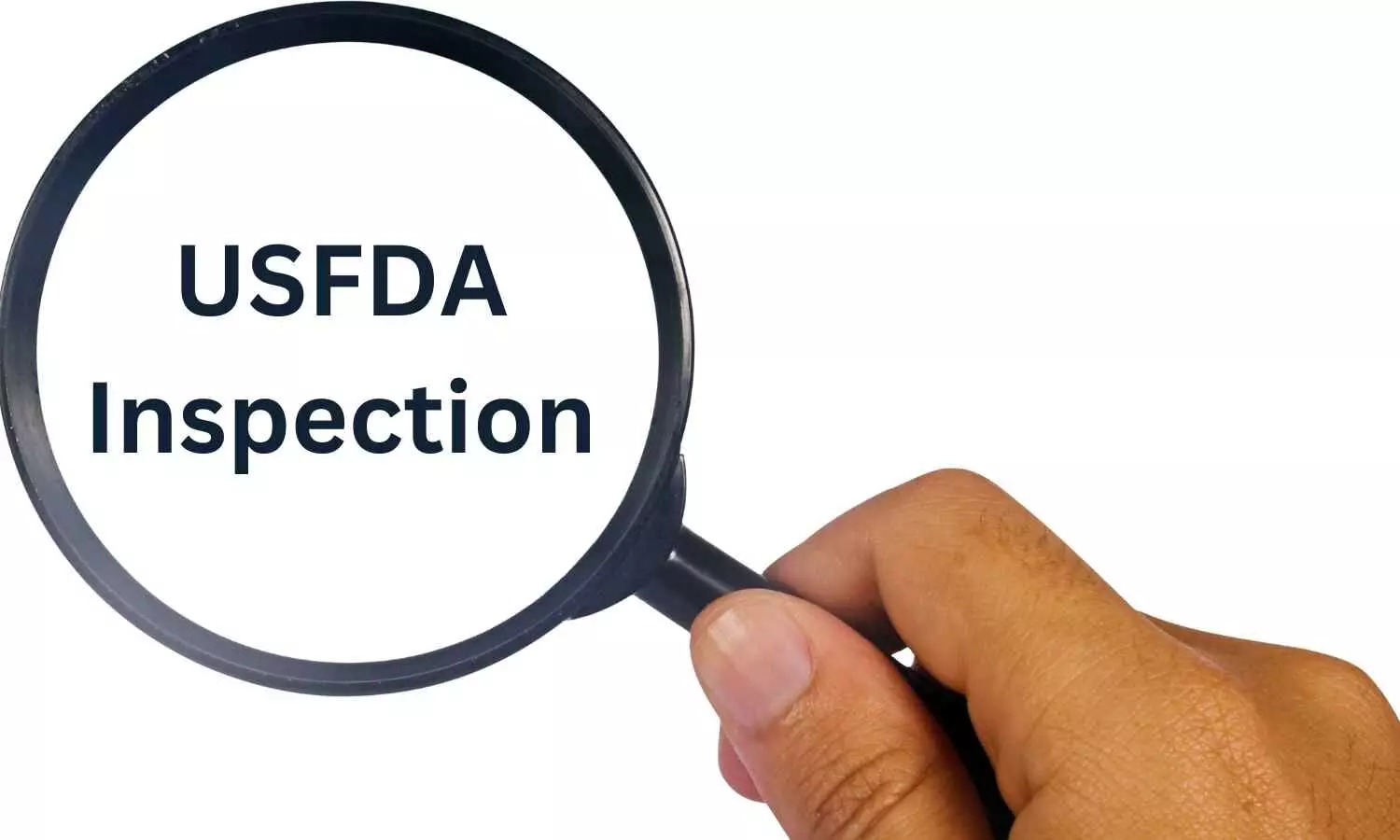NCDRC Grants Rs 9.77 Crore Relief to Surgeons, says MBBS doctors can perform Hair Transplant Procedures:
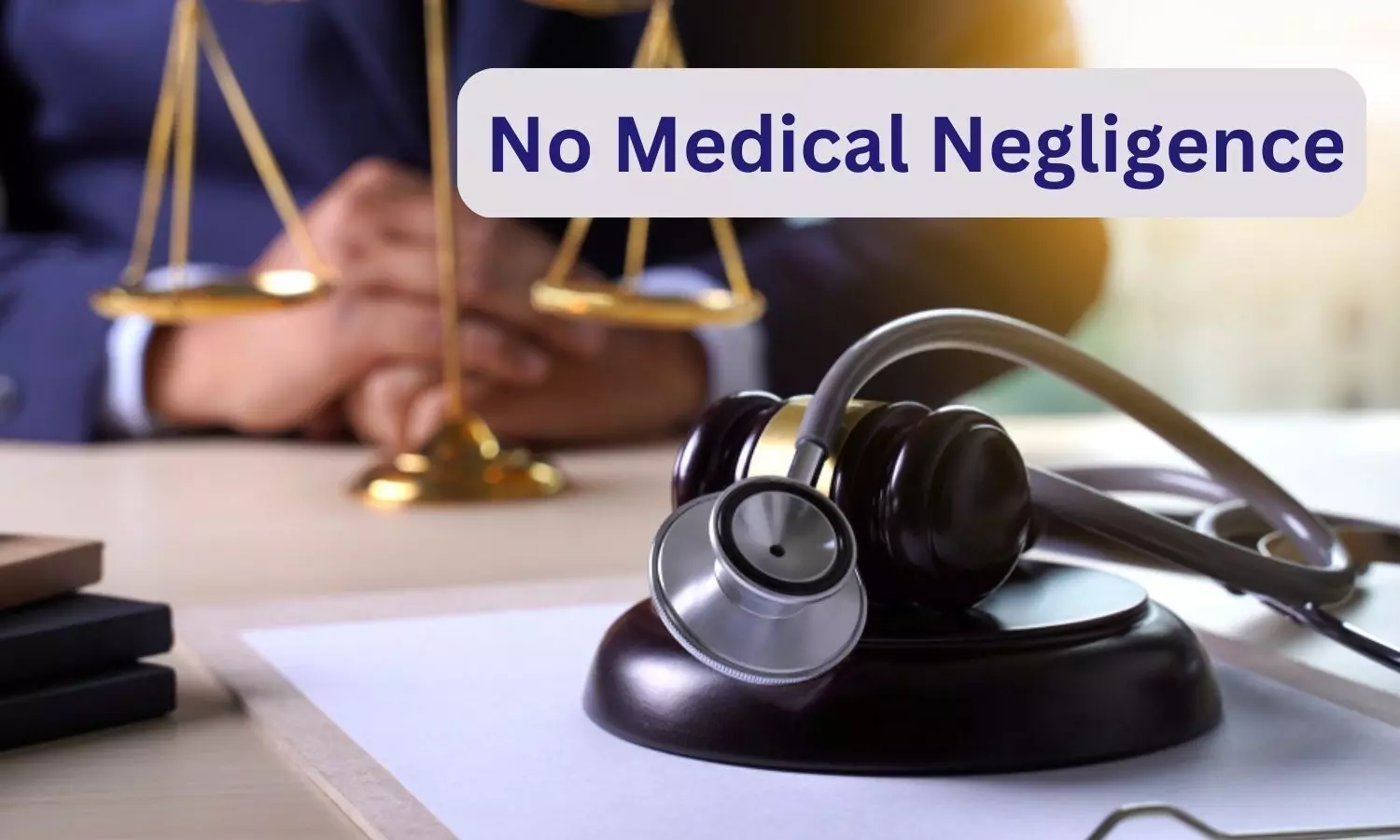
New Delhi: Holding that there was no medical negligence during the hair transplant procedure, the National Consumer Disputes Redressal Commission (NCDRC) recently exonerated a Hyderabad-based Hair Transplant Clinic and its two surgeons, who were sued by the patient for a compensation of Rs 9,77,15,000.
Although the patient challenged the qualifications of the doctors to conduct the hair transplant procedure, the top consumer court held that a person having an MBBS degree can perform the procedure of hair transplant, in which vital organs of the body are not affected.
Relying on the observations made by the Supreme Court in the case of Jacob Mathew v. State of Punjab, where the top court had clarified what constitutes medical negligence, the Apex Consumer Court dismissed the complaint.
The matter goes back to 2016 when the 60-year-old patient/complainant consulted the concerned Hair Transplant clinic with complaints of his receding hairline and baldness. After paying the advance amount, the doctors conducted tests. It was alleged that even though the blood sugar level of the patient was on the higher side, the doctors commenced the procedure on 25.07.2016 without controlling the blood sugar.
It was also alleged that the operation theatre was in appalling condition, poorly managed, unhygienic, and lacking the necessary infrastructure as required per medical science for procedure of the hair transplant. Allegedly, there was neither any arrangement to tackle the eventuality of a medical emergency nor it was equipped with any life-saving equipment.
Although the doctors started the procedure and implanted 2800 grafts to make hair grow from the tissues out of 3500 grafts, the patient developed an adverse reaction due to which the doctors discontinued the procedure and discharged the complainant saying that the remaining grafting would be done 4 days later.
Meanwhile, the patient developed unabated pain and discomfort on the scalp, swelling in head and face, discolouration of skin, and blisters on forehead and scalp. When he approached the treating centre, one of the two doctors allegedly opened the wound without even sanitizing his hand and burst the blisters by pinching through a figure at the reception counter. Referring to this, the patient argued that opening the wounds unhygienically, and unprofessionally that too at the reception counter was against Standard Medical Protocol and amounted to sheer negligence.
Further, it was alleged that the doctors did not make any investigations to find out the real issue of severe body reaction and committed grave negligence in this manner. Allegedly, the oedema soon extended from face to neck, resulting into a choking throat and it became difficult for the patient to consume even liquid.
Thereafter, the patient approached another hospital, where he remained admitted in the Emergency Ward due to a serious condition and was put into the Life Support System. The investigation at the second Hospital revealed (a) Facial Oedema including scalp extending to the neck; and (b) Bluish discolouration with Blebs. At this hospital, the patient was under the treatment of various specialists. After treatment, the complainant got discharged from the hospital on 12.09.2016 and had to spend a lot for treatment.
The patient alleged that even though he survived he became disabled and lost his immune system from his body. He lost his right eye completely together with the skin from face to scalp. It was submitted that he was still under the medical supervision of various doctors and specialists attending him at home to monitor his health. Further, he claimed that the attending doctors have suggested more surgeries in the future to repair the damage caused to him. Therefore, filing the consumer complaint, the patient demanded around Rs 9.8 crore compensation from the Hair Transplant Centre and its two doctors.
On the other hand, the clinic and the doctors denied all charges of negligence and the doctors also referred to their qualification to argue that they were fully qualified to conduct the procedure. It was further submitted that the patient had been explained about the procedure, side effects and risks involved in such treatment.
They also claimed that the patient did not reveal the fact that he was dependent on the drugs for diabetes mellitus-II and hypertension. After finding his blood sugar level just above normal, he was advised to discuss about the dose of medication with his physician and the repeat blood sugar test revealed that the sugar level was within limit.
The clinic and its doctors claimed that the hair transplant procedure was conducted with full care and caution and by adopting Standard Medical Protocol. They claimed that the patient was discharged in good condition with proper dressing and he had been advised to check blood sugar levels twice a day in case the blood sugar level went 150/100 mg/dl, he was asked to consult with his physician.
It was further submitted by the clinic and its doctors that the maximum limit of extraction of graft in one session is 3000 grafts and therefore the procedure used to be done in two sessions i.e. one major session and other minor session after 3-4 days. Therefore, they denied that the transplant was discontinued after 2800 grafts and also the allegation that the complainant had developed reaction.
Further allegations that there was discolouration on the complainant’s forehead, that the doctor burst the blisters through hand on the reception counter etc were denied. It was submitted that the doctor removed the dressing in the proper dressing room under total aseptic precautions and while putting on a sterile surgical cap and at that time there was no blister.
When the complainant’s brother informed about discolouration on the forehead, the doctor expected the possibility of infection and advised to bring the patient at the centre. The doctor rushed to the complainant’s house and asked for blood sugar checking apparatus to check the blood sugar level. However, since there was no such apparatus when the complainant’s wife showed a recent report showing the RBS level 220 mg/dl, the doctor advised for immediate hospitalization.
The clinic and its doctors submitted that the patient suffered from Necrotising Fasciitis, which happens in rare to rare case. In hair transplantation procedure, Necrotising Fasciitis disease is very rare and rarely happens in a common and healthy person except in persons whose immunity is less due to comorbidities like diabetes mellitus. Further, they pointed out that the doctor diagnosed his disease in time and referred him to a proper hospital.
Meanwhile, the NCDRC bench in its order dated 13.07.2017 had called for an expert opinion from All India Institute of Medical Sciences, New Delhi (AIIMS) and an Expert Committee was constituted. The panel, after examining the papers, opined in its meeting that the blood test report before the procedure showed RBS 160 mg/dl and the Acucheck value the next day showed RBS 105 mg/dl. The panel opined that this was an elective procedure for a nonurgent indication and pre-operative work-up for assessment and control of diseases of the patient should have been performed more rigorously by the doctor.
“Had the doctor been more proactive at this point, condition would have been better. Immediate hospitalization on 26.07.2016 in evening could have improved the outcome,” the panel further observed. However, due to the lack of documents, the board was unable to comment on intraoperative component of the hair transplant procedure, which may have influenced the postoperative complications, particularly since complications arose within 24 hours of the procedure.
While considering the matter, the top consumer court noted that the patient challenged the qualifications of the two doctors for conducting the hair transplant procedure. Against this, the doctors submitted documents to prove their qualifications.
NCDRC noted that even though Telangana State Medical Council in its order dated 10.01.2018 found that the degrees and certificates relating to hair transplant of the doctors were not from any recognised institution, both the doctors were MBBS and duly enrolled with the Medical Council.
At this outset, the NCDRC bench observed,
“Hair transplant is a surgical technique that removed hair follicles from one part of body to another balding part of body. In this procedure vital organs of the body are not affected. Dermis is in syllabus of study of M.B.B.S. course. A person having MBBS degree can perform the procedure of hair transplant. Board of Governors, In Supersession of Medical Council of India, in its dated 11.01.2019, did not find lack of qualification. OP-1 had qualification and experience of minor surgery, therefore he was competent for hair transplant on 25.07.2016.”
Regarding the allegation that the operation theatre was in unhygienic condition, the Commission noted that the complainant did not file any application for local inspection and therefore it could not be said that the operation theatre was not maintained properly.
Referring to the allegation that the procedure was conducted without controlling the blood sugar levels, the NCDRC bench noted,
“OP-1 (doctor) proceeded with the procedure of hair transplant on 25.07.2016, when the blood sugar was within normal range then at the most, it was an error of judgment not negligence.”
“A perusal of ‘Operate Note’ shows that the procedure for hair transplant was started at 9:00 hours and after transplant of 2800 grafts his condition was checked up 15:00 hours. Figure of transplant of 2800 grafts is admitted to the complainant. This figure shows that it was a targeted figure and not that transplant was stopped due to reaction. Medical check-up shows that his condition was normal. ‘Operate Note’ shows that he was discharged in good general condition at 15:15 hours with special instruction for diabetes and hypertension control,” it further noted.
NCDRC also observed that the complainant had admitted before Telangana State Medical Council that there was oedema on face and fever and no discolouration on his forehead in the morning after the procedure. It also perused the “Operation Note” dated 26.07.2016 that mentioned that the patient “came for dressing removal. C/O pain. Dressing removed. Donor and transplant area healing well, and dry. Oedema on forehead present. Expected. Enquired about blood sugar level. Attender said, it was normal. Discharged home in good general condition & sterile surgical cap. Cap. Sporidex-500 T D added.”
Further, the top consumer court also took note of a photo filed by both the patient, the clinic and doctors. “In this photo, the complainant was bearing sterile surgical cap and he had oedema on the face and eyes. In this photo, no mark of blister on forehead appears as such allegation that in morning on 26.07.2016 blisters appeared on the forehead, before removal of dressing, is not proved. Allegation of the complainant that due to serious and abnormal condition, he visited to the centre on 26.07.2016 in morning does not appear to be correct rather his visit for removal of the bandage appears more probable,” noted the Commission.
“On 26.07.2016 at 11:00 hours, when the complainant visited the OPs for removal of dressing, there was oedema on the face and eyes, with pain and temperature which was normal reaction and symptoms after hair transplant. From these symptoms, it is not expected that the OPs would have diagnosed ‘Necrotising Fasciitis’ on 26.07.2016 at 11:00 hours, which was rare complication in hair transplant and got the complainant admitted in the hospital. As soon as, OP-1 was informed about serious symptoms on 26.07.2016 in evening, he visited the house of the complainant and advised for immediate hospitalization,” it further observed.
The Commission opined that there are various sources of infection of the bacteria of ‘Necrotising Fasciitis’. It also opined that the subsequent suffering of the complainant was due to his being a diabetes patient as at the time of his admission at the second hospital, his Random Blood Sugar level was found 469 mg/dl.
Therefore, dismissing the complaint, the top consumer court noted, “Thus medical negligence is not proved. Medical Council of India has considered all the aspects and found that there was no negligence on the part of the OPs as alleged.”
To view the order, click on the link below:
https://medicaldialogues.in/pdf_upload/ncdrc-hair-transplant-235791.pdf
Powered by WPeMatico

